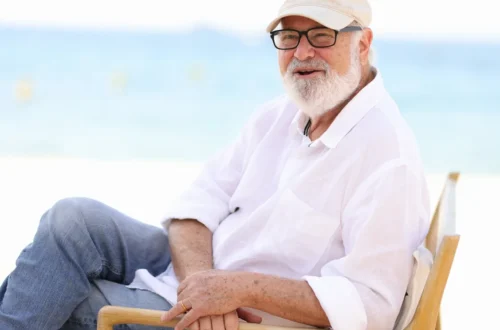Jussie Smollett is set to return to television in a move that is likely to generate both attention and controversy. The former Empire actor, whose legal troubles and media fallout have kept him away from scripted television for several years, will now take part in the fourth season of Special Forces: World’s Toughest Test, a reality-based competition series airing on Fox. The show, known for pushing celebrities to their physical and emotional limits through grueling military-style challenges, is scheduled to premiere on September 25, 2025.
Smollett’s inclusion in the cast marks his most visible return to the public spotlight since his 2019 arrest and subsequent trial stemming from allegations that he staged a hate crime against himself. Though the legal drama and fallout from that incident effectively halted his acting career, this new unscripted appearance may represent a bid for public redemption—or at least a recalibration of his public image.
The format of Special Forces: World’s Toughest Test is demanding by design. It strips away the comforts of celebrity and plunges participants into a punishing environment modeled after the real-world selection process used by elite military units. Contestants are required to endure a range of survival exercises, including extreme endurance drills, water submersion, navigation under stress, sleep deprivation, and simulated hostage scenarios. There is no formal elimination—celebrities are only removed from the competition if they quit, fail to meet physical or psychological standards, or are medically withdrawn. Previous seasons have seen high-profile figures tap out early, while others surprised audiences with their grit and resilience.
Smollett joins a cast that includes a diverse range of public figures, including reality TV veterans, athletes, and entertainers. His presence is expected to draw significant attention, not just because of his notoriety, but because of the emotional and psychological tests the show emphasizes. How he handles the pressure, scrutiny, and literal boot-camp brutality could either further complicate his reputation or provide a rare opportunity for viewers to see him in a stripped-down, vulnerable light.
The choice to appear on Special Forces is also telling from a strategic standpoint. While Smollett has remained largely out of the limelight since his court appearances and brief jail stint, he has made occasional efforts to re-engage with fans through social media and small-scale creative projects. However, traditional scripted television or film roles have not materialized in the wake of his scandal. A return via reality television—particularly on a platform that centers around hardship, redemption, and resilience—may be one of the few public avenues available to him at this stage in his career.
Public reaction is expected to be divided. Some may see his participation as a publicity stunt or an attempt to rehabilitate his image without addressing lingering public skepticism. Others might view it as a sincere attempt at personal growth or a willingness to own his story through extreme vulnerability. Reality television has long served as a space where fallen stars and controversial figures attempt comebacks. Whether Smollett’s foray into the genre proves redemptive or simply performative remains to be seen.
Regardless of the outcome, Smollett’s return to TV underscores the complexities of celebrity culture, public forgiveness, and the ever-blurring line between fame and infamy. When Special Forces: World’s Toughest Test returns this fall, audiences won’t just be tuning in for feats of strength—they’ll be watching to see if one of television’s most polarizing figures can withstand more than just physical trials.




